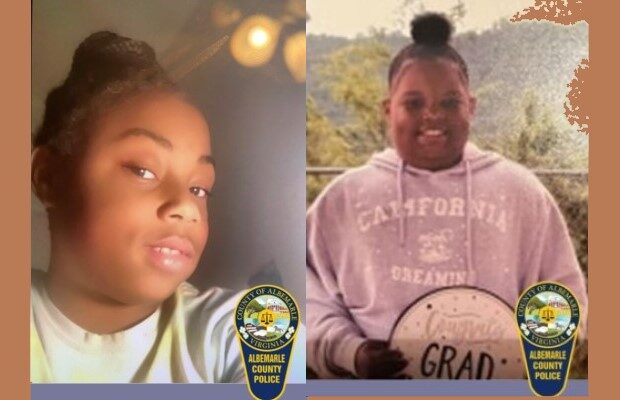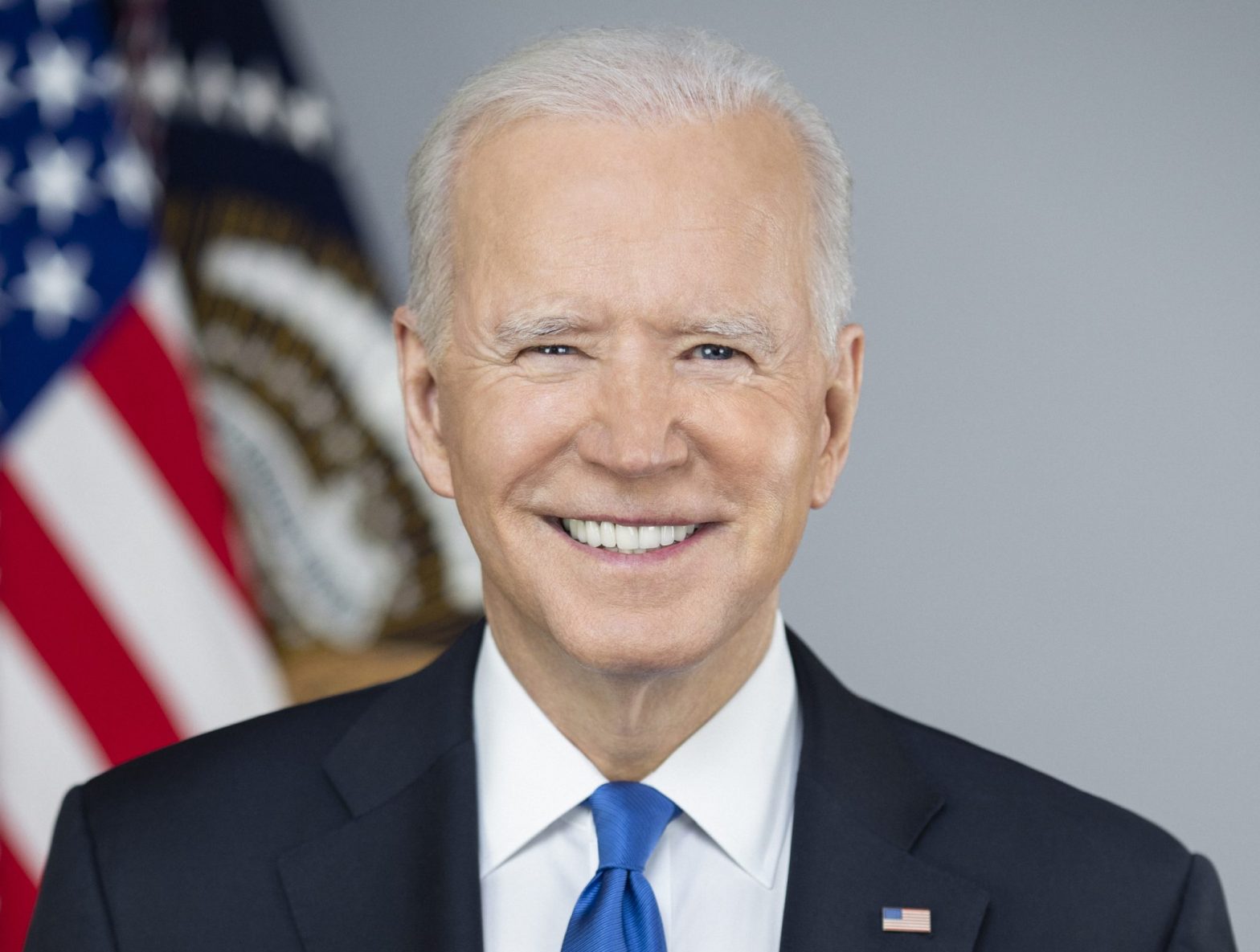Monkeypox a public health emergency
The Biden administration has declared the nationwide monkeypox virus outbreak a public health emergency, allowing the federal government to assist states with testing, treatment, and vaccine distribution more quickly.
“We’re prepared to take our response to the next level in addressing this virus, and we urge every American to take monkeypox seriously,” U.S. Department of Health and Human Services Secretary Xavier Becerra said in a call with reporters last Thursday.
Since early May, more than 7,500 cases have been reported in the United States, according to the Centers for Disease Control. As of August 8, 145 cases have been detected in Virginia—including eight cases in the state’s Northwestern region, which covers the Blue Ridge Health District.
Monkeypox is spread through close contact with infectious rashes, scabs, or bodily fluids. Symptoms often begin six to 13 days after exposure. The illness usually starts with flu-like symptoms, including a fever, muscle aches, and tiredness. Rashes, pimples, blisters, or lesions then can appear on the genitals, in or around the mouth, on the perianal region, or all across the body. The infection lasts about two to four weeks.
While anyone can contract monkeypox, cases have been disproportionately reported among people who identify as gay, bisexual, and other men who have sex with men. The Biden administration is working with the LGBTQ community “with the goal of sharing the critical information around the symptoms of monkeypox and best practices to stop its spread,” said White House national monkeypox response Deputy Coordinator Demetre Daskalakis last week.
Though the federal government has administered more than 600,000 vaccines to date, vaccines are still limited in most states, largely because only one manufacturer in the world—a small Danish biotech firm called Bavarian Nordic—has a vaccine approved for monkeypox. To vaccinate as many people as possible, officials are considering allowing health care providers to administer up to five separate doses of the Jynneos vaccine from one vial, instead of just one dose.
In the coming weeks, HHS expects to ship 800,000 more vaccines to states, followed by an additional 150,000 doses in September.
School bus driver shortage continues
Watch out, drivers—hundreds more students will soon be walking to school in Charlottesville. When the school year begins on August 24, Charlottesville City Schools expects to have only six to eight bus drivers, after multiple drivers retired or resigned this summer. Seats on the bus will be prioritized for those in special education and alternative educational programs, and children with disabilities.
The school division has expanded its walk zones, requiring elementary schoolers to walk about 20 minutes to school, and middle and high schoolers to walk about 30 minutes. It has been improving pedestrian and bike infrastructure, and has ordered supplies students will need for the outdoors, like umbrellas and ponchos.

Students are also encouraged to ride their bikes, or use fare-free Charlottesville Area Transit. (All school zones are served by CAT except for Greenbrier.) The district is working to purchase more bikes, and expand its Safe Routes to School program, which includes bike trains that allow students to bicycle to and from school with an adult volunteer.
Boosting driver pay and benefits is not “a sustainable solution,” and solving the bus driver shortage “requires a comprehensive community effort,” according to a transportation update slideshow presented at last week’s city school board meeting.
CCS plans to continue to look to other school districts, both inside and outside of Virginia, to see how they are addressing their bus driver shortages.
In brief
City prepares for Unite the Right anniversary
In preparation for the fifth anniversary of the Unite the Right rally, the city will close Heather Heyer Way—the portion of Fourth Street Southeast that cuts through the Downtown Mall—to all vehicles from 6pm on August 11 to 6:30am August 14. Though the Charlottesville Police Department says it has not identified any “specific credible threats,” it is “monitoring chatter from intelligence sources” and “having ongoing communications with state and regional partners,” according to a city press release. Anyone who needs support in the coming days should contact the Community Mental Health and Wellness Coalition’s Behavioral Health Crisis 24/7 call center at 230-9704.
Runaway sisters
The Albemarle County Police Department has reclassified the missing persons case of 11-year-old Beautiful Christmas and 13-year-old Zayla Christmas as a runaway case. The sisters were last seen leaving their home on July 21. An out-of-state family member told ACPD that “they know their location and that the girls are safe,” but the department is still working to locate the sisters. Anyone with information regarding the missing juveniles should contact Detective Lavin at 296-5807, Crime Stoppers at 977-4000, or crimestoppers@albemarle.org.

Debating a debate?
Josh Throneburg, the 5th District Democratic congressional nominee, has challenged current Republican Rep. Bob Good to a debate—but Good keeps ignoring or denying his requests, claims Throneburg. The nominee has offered to cover the cost of the debate, handle the logistics, and hold it at Liberty University, Good’s former employer, according to a press release. Good told NBC29 that he “[looks] forward to traveling the district these next few weeks and scheduling a future candidates’ debate.”
